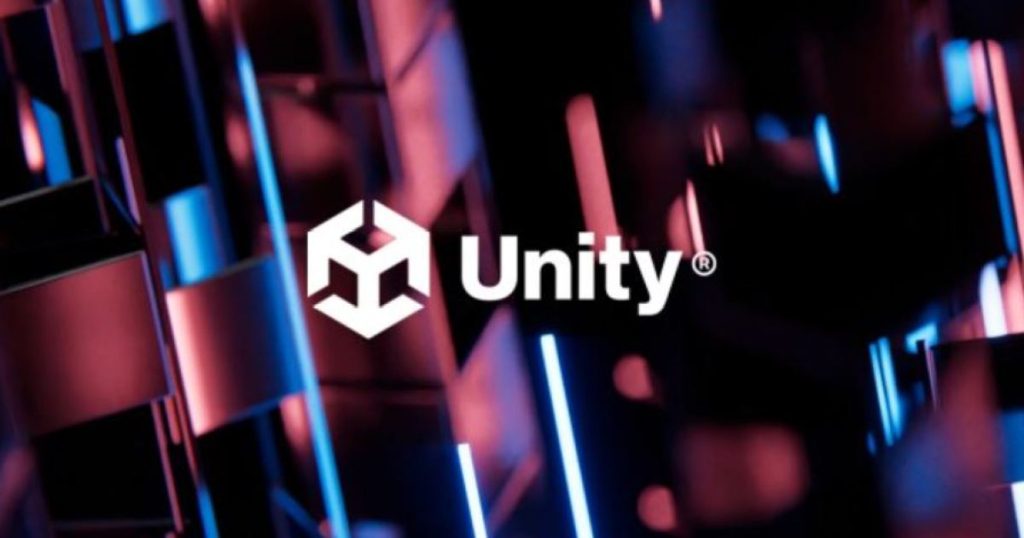
Unity, the company behind the popular game engine of the same name, has officially canceled its runtime fee, which generated controversy among game developers last year.
In a Unity website blog post, CEO Matt Bromberg announced the decision to revert back to its subscription model, following backlash from developers over the introduced runtime fee. The move was met with confusion and criticism, prompting Unity to make clarifications and receive condemnations from developers like Innersloth, Aggro Crab, and Red Hook Studios.
Unity will transition back to a classic subscription model, with adjustments to the tiers. The Unity Personal tier, which is free, will now have a higher revenue ceiling of $200,000, up from $100,000. Additionally, changes will be implemented only once a year, avoiding the element of surprise that occurred with the runtime fee introduction last year.
- Unity Personal: Will remain free; the revenue ceiling will be doubled to $200,000. The Made with Unity splash screen will be optional for Unity Personal games made with Unity 6.
- Unity Pro and Unity Enterprise: Changes for all new and existing users effective on January 1, 2025
- Unity Pro: Subscription price will increase by 8% to $2,200 annually per seat. Unity Pro will be required for users reaching the $200,000 revenue ceiling.
- Unity Enterprise: Subscription will increase by 25%. Users with over $25 million of total annual revenue and funding will necessitate Unity Enterprise, with customized packages being discussed with affected customers.
In an exclusive interview with Game Developer, Bromberg detailed the decision as part of Unity’s transformation into a “fundamentally different company” following years of controversial moves. He emphasized the importance of customer feedback and the necessity of price increases for Unity’s growth.
The initial runtime fee charged developers up to $0.20 per user install after reaching $200,000 in 12 months, leading to confusion and backlash. Unity clarified the fee’s application, which resulted in adjustments to exempt certain games from the fee based on revenue and tier. Despite the changes, some developers still opted to migrate to other game engines, such as Unreal or Godot.


